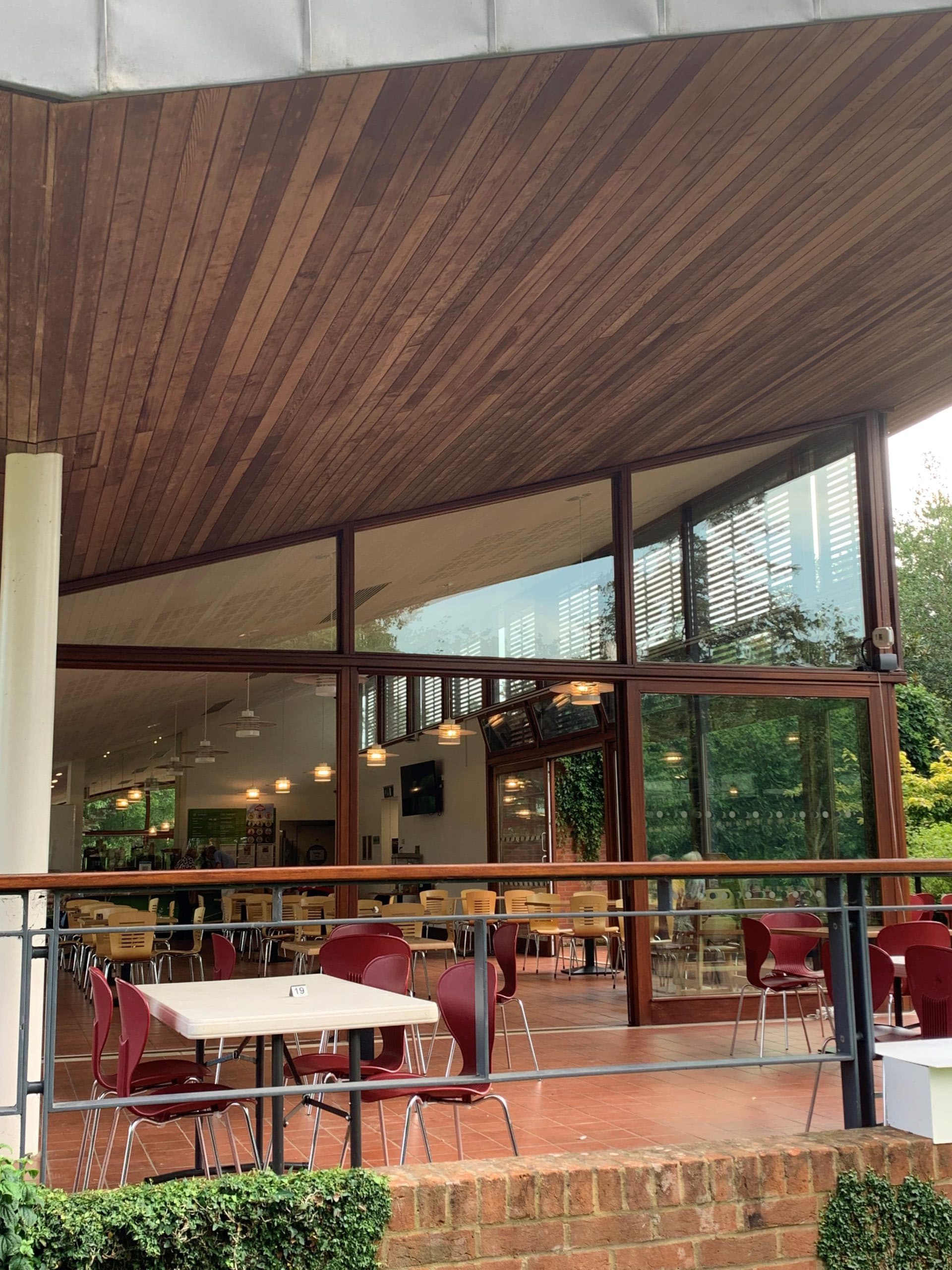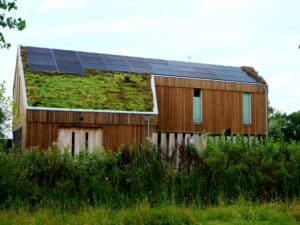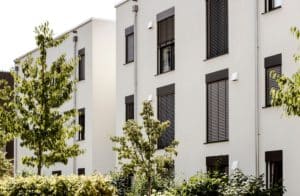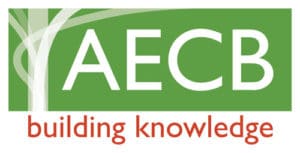Read our summary of Ramboll’s 2023 Sustainable Buildings Market Study.
As the world races to achieve net-zero emissions by 2050, the spotlight on sustainable solutions across all sectors intensifies. The built environment stands at the forefront of this movement, being the largest source of carbon emissions after surface transport. The science and statistics clearly show we’re running out of time to deliver the radical transformation needed to deliver net zero and the pressure is now on for the industry as a whole to deliver a rapid emissions reduction.
However, transforming an entire industry doesn’t come without significant challenges and the journey towards a sustainable future is a winding path, riddled with complexities. To navigate the changes requires a multifaceted approach that embraces perspectives from investors, developers, contractors, engineers, architects, and designers. The 2023 Ramboll Sustainable Buildings Market Study does exactly this, gathering all of these perspectives and offering a slice of realism for where the construction industry is at in terms of sustainability.
What did the 2023 Ramboll Sustainable Buildings Market Study focus on?
Since 2008, the Ramboll Sustainable Buildings Market Study, formerly known as the Green Market Study, has been a steady compass gauging where the industry is at as a whole. This annual study operates as a discerning guide, unveiling gaps in the ever-evolving realm of sustainability. The latest iteration of the study sheds light on pressing concerns by tapping into insights from across the industry – investors, developers, contractors, architects, and more. Their voices echo the challenges they face and illuminates potential paths forward and new solutions.
The RSBMS deciphers the driving forces that propel sustainability while dissecting the hurdles impeding progress. Its explorations encompass net-zero carbon aspirations, circular economy strategies, the intricacies of certification systems, and their tangible rewards. It doesn’t stop there; the study extends its reach to encompass data collection, reporting methodologies, and a tantalizing glimpse into emerging trends and transformative technologies reshaping the built environment.
What are the key findings of the Ramboll Sustainable Buildings Market Study?
The findings presented in the 2023 study weave a compelling narrative. The crux becomes evident: it’s not merely about constructing energy-efficient edifices… It’s about interweaving sustainability into every fiber of the business of the built environment.
H3: Awareness vs Action
This year’s study highlights the disparity between the recognition of sustainability’s importance and tangible action. Whilst 98% of respondents considered sustainability crucial in this year’s study, only 50% had embedded net zero buildings into their organisation’s 2030 strategy. A key area of focus for all of the construction industry is to bridge this gap between intention and action. Our sustainable construction blog has lots of helpful and free resources to help businesses reach their net zero targets, such as our 10 step guide to building low carbon buildings.
Barriers to sustainable approaches
Whilst there are many barriers to sustainability in the construction industry, such as policy, regulation and the climate crisis (which we talk more about in this blog post), the main barrier according to this year’s study is the higher investment costs with sustainable approaches. Despite the higher initial costs, we would argue that these capital outlays are a worthy investment in terms of future proofing the building against regulatory pressures and lower operational expenses.
The wave of renovations
The report underscores the vitality of embracing circular economy principles and suggests that refurbishing existing buildings may become the new normal. 61% of organisations have an increased focus on repurposing the existing building stock. Transitioning to this circular approach that champions recycling, reusing, and regenerating resources is essential if we are to minimise the consumption of virgin materials and mitigate CO2 emissions. You can read more about this principle here.
Considering biodiversity
Biodiversity, often overshadowed in sustainability dialogues, emerges as a key consideration in this year’s study. Integrating biodiversity into design and construction fosters healthier environments, infusing vibrancy and strength into surrounding ecosystems.
Ready to turn ideas into action? Get in touch with Buildpass.
As the UK government grapples with realising its net zero targets, individuals and businesses must step up their energy efficiency game. The journey may seem complex, but it’s guided by a simple principle: knowledge is power. And, the journey towards energy efficiency isn’t a solitary one. It’s a collaborative expedition where organisations like Buildpass can shine.
With expert guidance, Buildpass empowers architects, developers, and self-builders to navigate the labyrinth of sustainability. From pre-planning support to post-construction testing, Buildpass champions low-energy, zero-carbon projects—making sustainability the cornerstone of every endeavour.
It’s time to embrace the change, to intertwine sustainability into our construction narrative. Book a call with us today and let’s carve out a plan together.




















